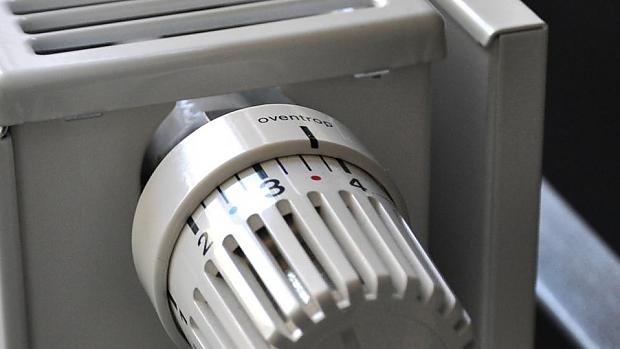Affordable electricity for everybody
Affordable electricity for everybody

The economic recovery from the corona crisis is causing an unprecedented rise in gas prices and a massive increase in energy bills. The average energy bill will rise by as much as 900 euros next year. If nothing changes, many people will have to prepare for a cold winter. More than half a million Dutch people already live in poverty, which means they can no longer pay their electricity bills. When it becomes colder, they will have to choose between cooking or heating. We cannot allow this to happen, and that is why the SP is putting forward seven proposals in the Dutch Parliament for an affordable electricity bill for everyone:
- Eliminate the market from the electricity supply: We should not leave something as crucial as our electricity supply at the mercy of the market. By taking back control, we can ensure that it is not the profits of energy companies but the interests of everyone that are put first: affordable electricity for everyone and a fair transition to a green power supply that does not deplete the earth. When there is a crisis, there are always people who profit from it. Electricity suppliers and speculators make a fortune thanks to taxpayers' money. That is why we are addressing the profits of the energy suppliers.
- Reduce energy taxation: Energy is a fundamental right, and the minimum amount of energy you need for living should not be taxed. High-income earners consume the most energy. Therefore it stands to reason that they should pay a higher rate for it. Gas taxation has doubled in the last 7 years. This was done to encourage people to become more sustainable, but it only works on those who actually have the money to do so. Half of the households do not have the money for this.
- Insulate homes with the lowest energy label first: Subsidies for making homes more sustainable currently go to people who already have money to insulate their homes. While people who have the biggest problems currently live in the most poorly insulated houses. That is why the government should free up much more money for the energy transition and start with the most poorly insulated homes. People who cannot afford it should receive an insulation credit for making their homes more sustainable. That will have a positive effect on the electricity bill and jobs in the construction industry.
- Freeze and lower rents: Tenants, in particular, are in trouble due to high electricity rates. They are hit hardest by the increase in the electricity bill. Therefore, rents should not rise any further and should instead be lowered, at least until houses have been sufficiently insulated.
- Separate the gas price from the heating network: The fact that the gas price is calculated directly into the electricity bill is less and less self-evident now that gas is starting to play an increasingly smaller role in our energy supply. Therefore, we must separate the heating network from the gas price, which is heavily influenced by international conditions.
- No reliance on Groningen gas: Groningen is not an option for solving the current shortages. Groningen has served as the gas supplier to the Netherlands for far too long. The citizens of Groningen still have to live with this reality every day. There are still earthquakes in the gas extraction areas, and the citizens of Groningen still have to live in damaged houses.
- Sunshine for everybody: Research by the SP shows that over 92% of the energy currently consumed by households can be generated if we install solar panels on all suitable roofs. If these panels become part of new municipal energy facilities, households will have a say in the energy supply, and their electricity bills will be lower.
The cause of this energy crisis
Our energy supply used to be in public hands. We considered it very important, so it became a government task, often with municipalities or provinces in charge. Neoliberal cabinets have marketed our energy. As a result, households are confronted with immense price increases, and there is too little control over green transitioning in which investments must be made. In addition, many European countries get their gas from Russia. To blame this crisis entirely on Russia would be oversimplifying matters, but it certainly plays a role. It mainly shows that we are at the mercy of the whims of an international market where profits for energy suppliers and the fossil industry dominate. That is why we must take back control. This way, we can achieve a fair solution that works for everybody.
